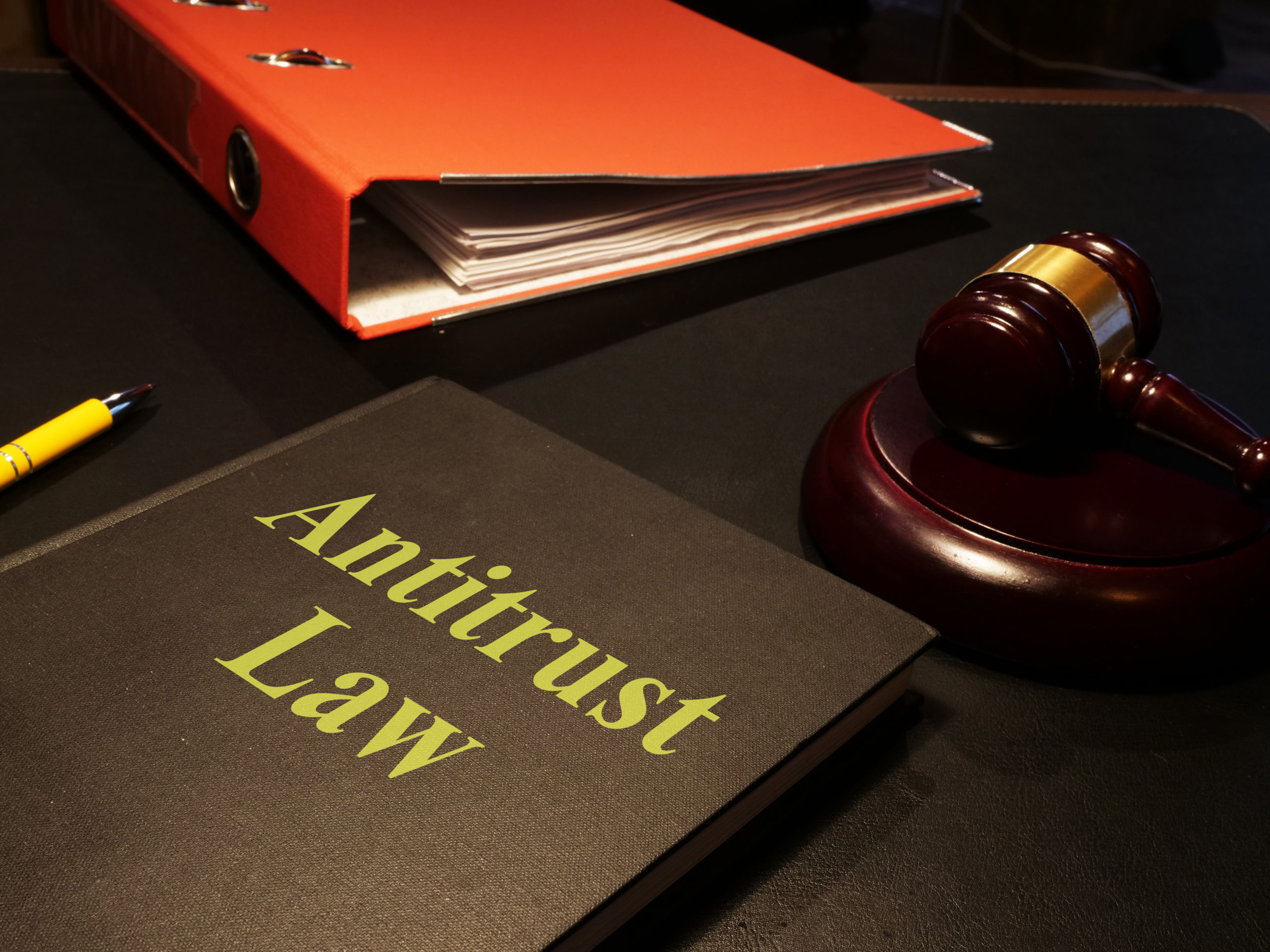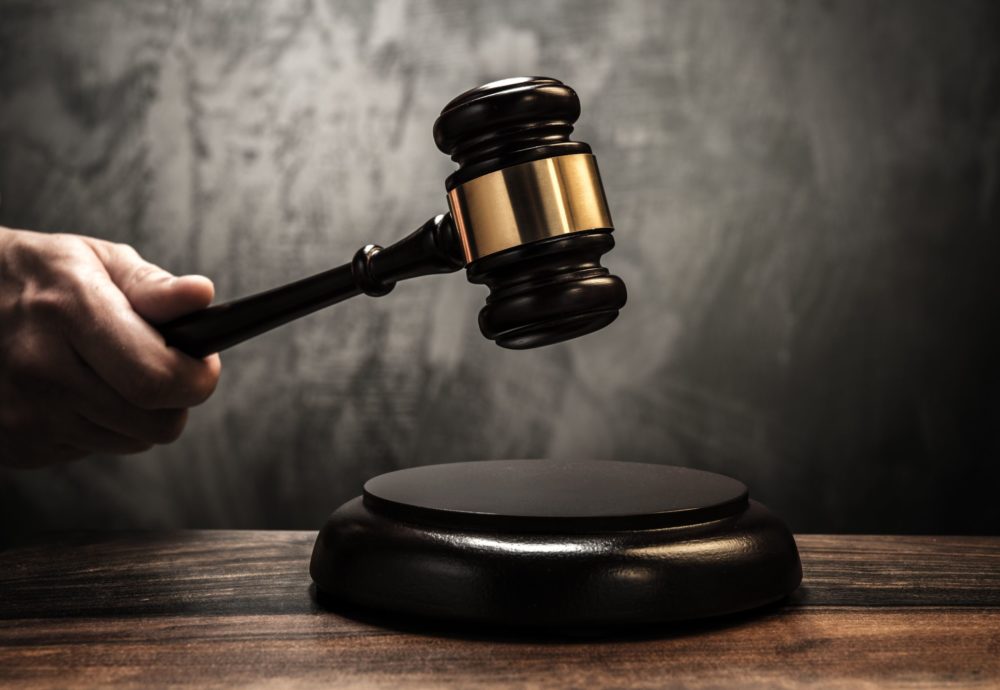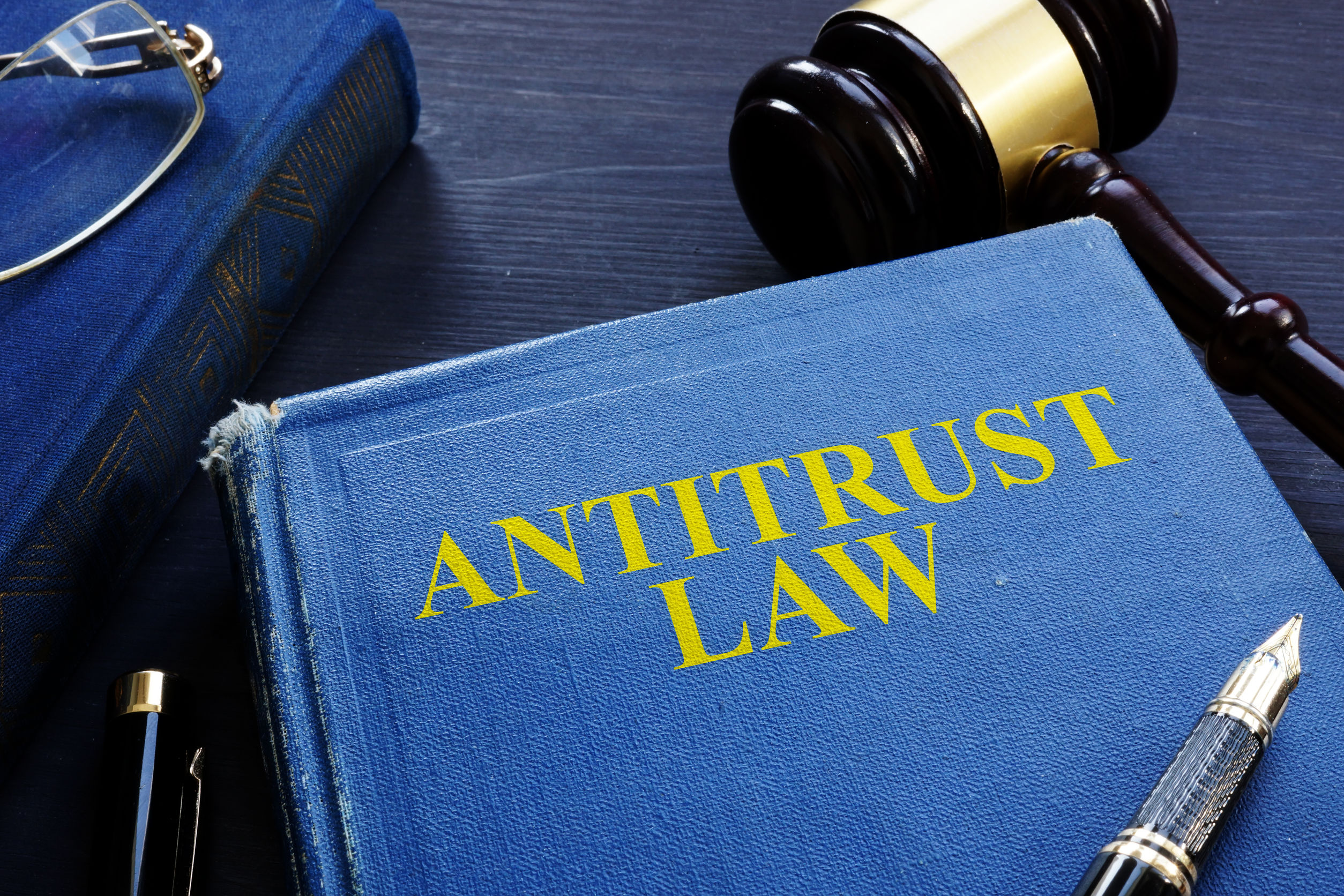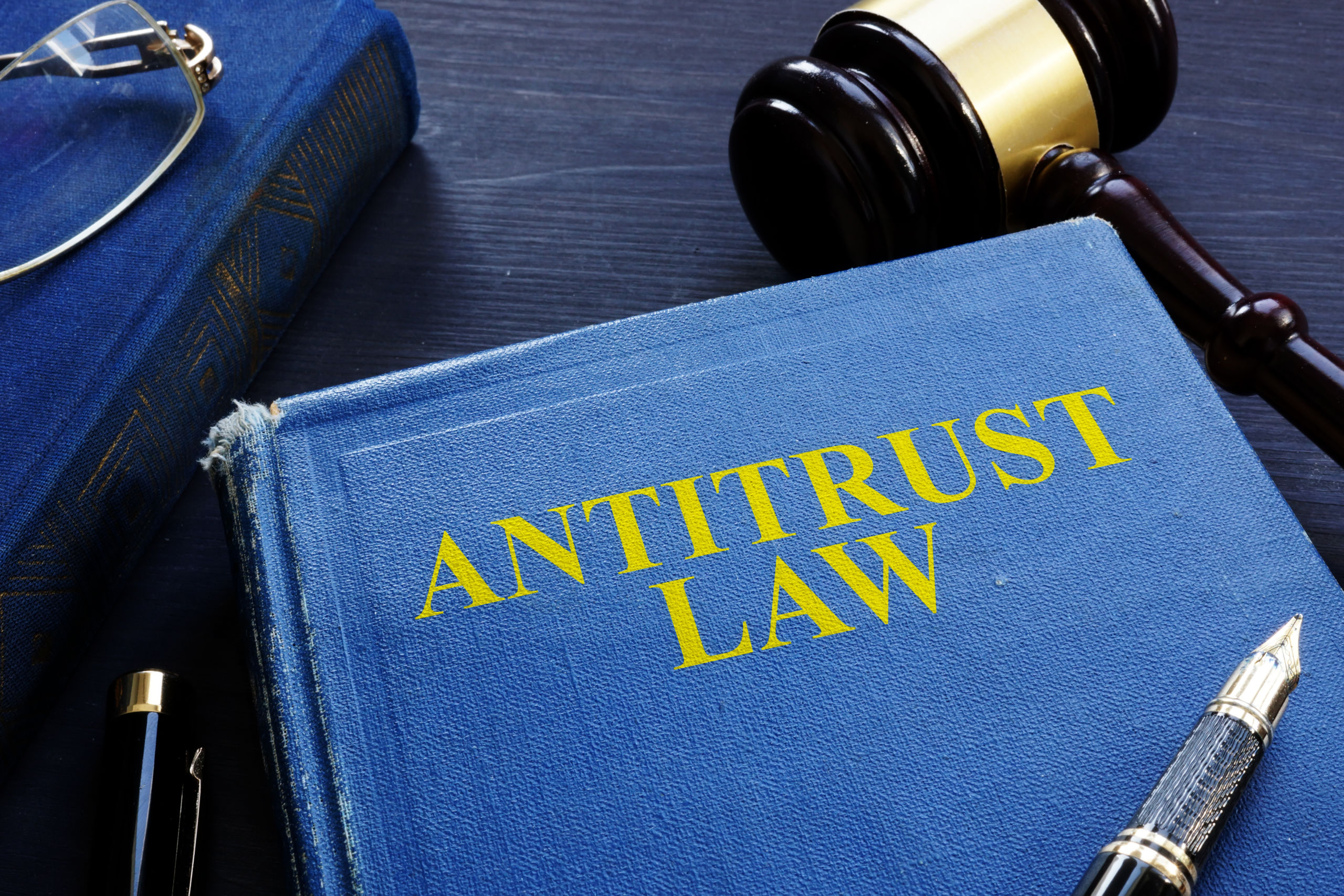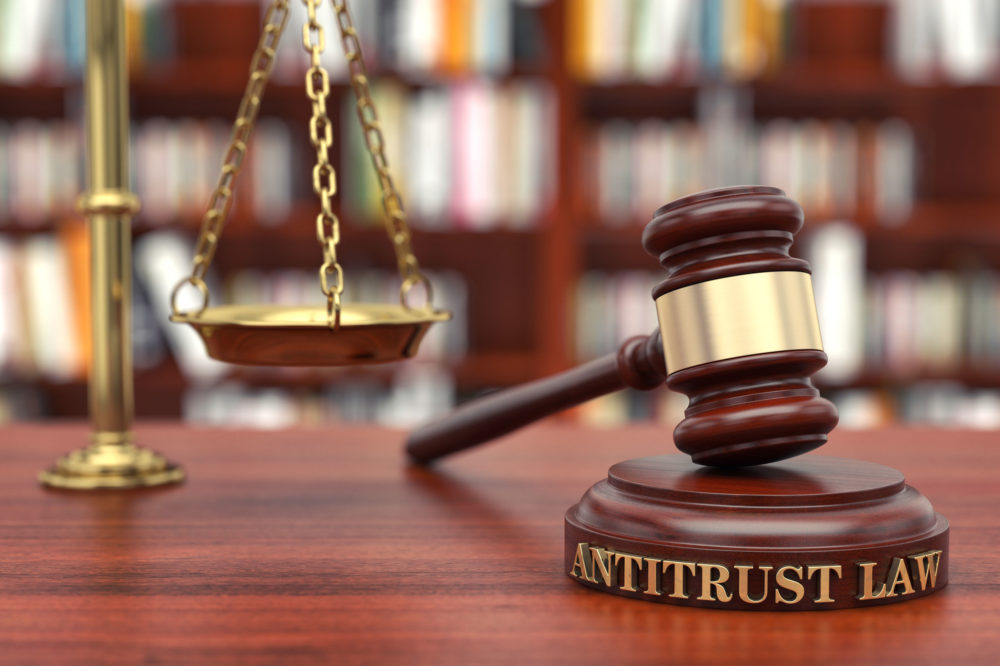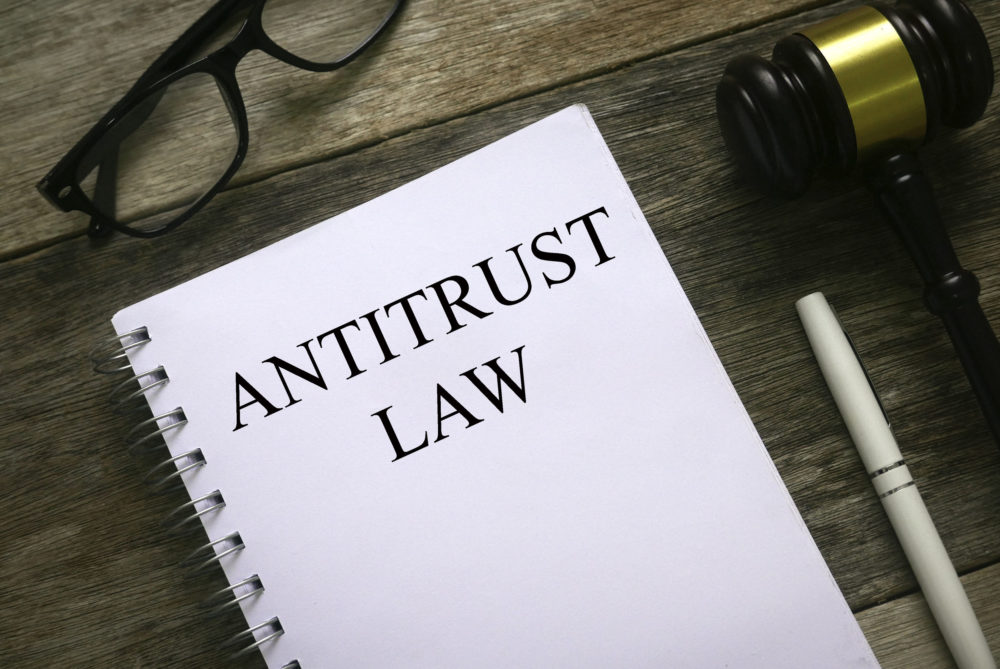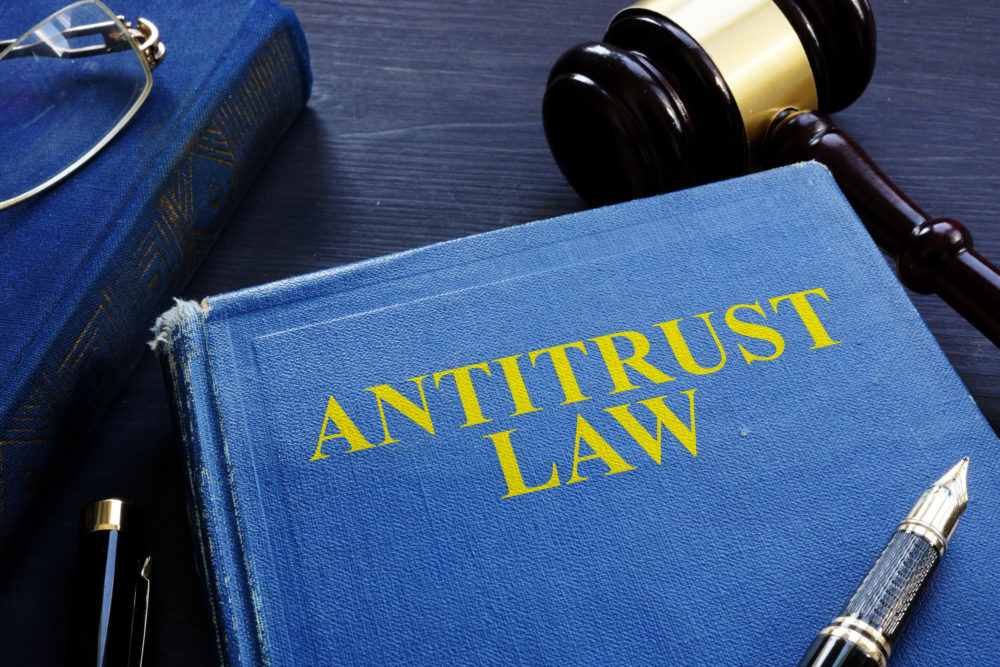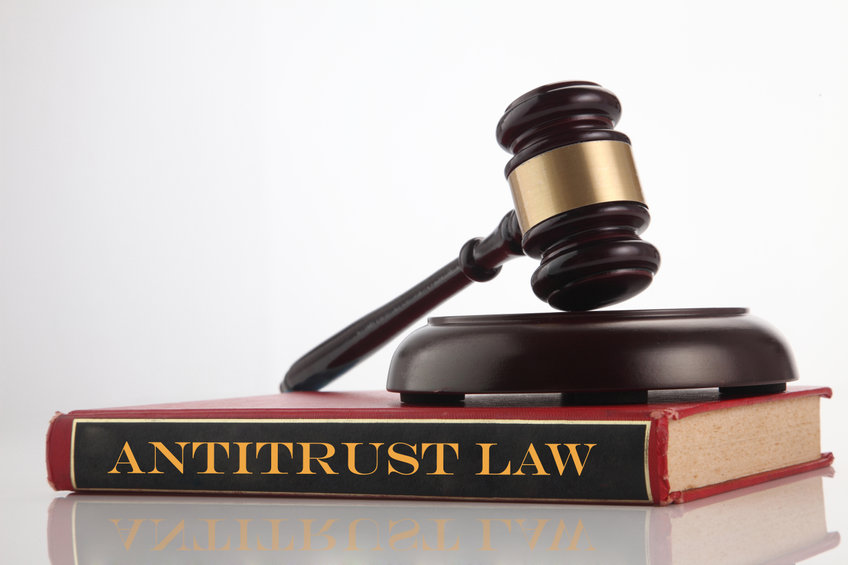No-poach agreements have been in the crosshairs of antitrust regulators since the issuance of the Antitrust Guidance for Human Resource Professionals in 2016. In the said guidance, the Department of Justice (DOJ) and the Federal Trade Commission (FTC) indicated their intent to criminally prosecute companies and employers that enforce no-poach agreements and other labor contracts which are considered illegal under antitrust laws. The agencies recently brought criminal indictments in keeping with their promise.
Emerging Trends and Developments in Antitrust Merger Enforcement: What Lies Ahead
Iwork OJT2021-05-19T09:32:32-04:00Challenges to mergers and acquisitions by US antitrust authorities spiked in 2019, with much attention paid to “nascent” competitive problems and vertical mergers. This was capped off by proposed Department of Justice (DOJ) and Federal Trade Commission (FTC) vertical merger guidelines, the first such guidelines issued since 1984. In addition, the DOJ has continued to express concern about merger remedies, leading to the DOJ’s attempt to stop the AT&T-Time Warner combination. The concern about remedies played another role in the court room, as one court engaged in an unprecedented expanded Tunney Act review of a merger consent order offered by the DOJ. And not to be outdone, the Attorney Generals of several states showed their dissatisfaction with the DOJ remedies in the T-Mobile/Sprint consolidation, bringing their own lawsuit to stop the deal.
Combatting Antitrust Misconduct in Government Procurement: Regulatory and Enforcement Developments
Iwork OJT2023-01-18T01:10:27-05:00In its continued effort to deter anticompetitive conduct and other violations affecting government procurement, the U.S. Department of Justice (DOJ) created the Procurement Collusion Strike Force in 2019. It is comprised of state and federal investigators and prosecutors mandated to investigate and prosecute all types of procurement collusions and other similar misconduct in government purchasing and programs.
Emerging Trends and Developments in Antitrust Enforcement: Addressing Critical Issues
Iwork OJT2021-07-13T03:40:52-04:00With the growing competition in the marketplace and the increasing number of antitrust claims, the Department of Justice’s (DOJ) Antitrust Division and the Federal Trade Commission (FTC) continue to intensify its crackdown on anticompetitive conduct across all industries. The FTC recently announced the creation of an internal task force that would monitor and investigate potential antitrust violations arising in the technology markets.
What’s In and What’s Out for the Antitrust Landscape: Hot Buttons Under the Biden Administration
jordan2021-08-30T01:13:16-04:00The antitrust law landscape is expected to be significantly altered under the new administration, particularly in light of the changes in the business landscape due to COVID-19. Among the key factors that companies must be aware of include changes to the focus of the Department of Justice (DOJ) and the Federal Trade Commission’s (FTC) approach in combating consolidation and monopoly power, most notably in the area of high tech antitrust.
Price Gouging Amid the COVID-19 Crisis: Hot Buttons You Must Know
TKG2022-12-29T03:28:32-05:00As the world grapples with various public health protection orders in response to the COVID-19 pandemic, reports of widespread price gouging among different states have added a significant level of burden to both the public and the government sectors.
Antitrust Merger Enforcement Trends and Developments: What’s New and What Lies Ahead
TKG2021-10-28T23:00:13-04:00In the US, the calls to step up enforcement of the antitrust laws have been heating up, as evidenced most prominently by President Biden’s Executive Order on Competition. The broad-reaching order, which contained 72 specific initiatives directed across multiple federal agencies, aims to address some of the most pressing competition issues across the economy. In particular, it encourages the Federal Trade Commission (FTC) and the US Department of Justice (DOJ) to vigorously enforce current competition laws, revisit anticompetitive mergers, revise merger guidelines, and increase scrutiny of future mergers. Responding to this call, the FTC announced its decision to rescind the Vertical Merger Guidelines, and both agencies have signaled their intent to revisit the Horizontal Merger Guidelines and the Vertical Merger Guidelines. Chairwoman Lina Khan has similarly initiated a number of policy changes at the FTC aimed at more aggressive antitrust enforcement.
DOJ’s Heightened Enforcement on “No-Poach” Agreements: Hot Buttons to Consider
TKG2021-08-19T23:54:31-04:00In 2016, the Department of Justice (DOJ) and the Federal Trade Commission (FTC) issued its Joint Guidance for Human Resources Professionals on no-poach agreements. Since then, the Antitrust Division has continuously emphasized its initiatives in scrutinizing potential anticompetitive employment agreements.
Emerging Antitrust Issues Amid the COVID-19 Pandemic: What Companies and Financial Institutions Must Know and Do
TKG2021-08-20T01:24:44-04:00The COVID-19 pandemic is reshaping antitrust law enforcement across the globe. Recognizing the need for a closer cooperation among private businesses, the US government seems to be more flexible now in reviewing COVID-19-related competitor collaborations. In April, both the Department of Justice (DOJ) and the Federal Trade Commission (FTC) announced the expedited seven-day evaluation procedure, which typically takes months for traditional business reviews.
Practical Guide in Designing and Implementing an Effective Antitrust Compliance Program
TKG2021-05-28T03:44:23-04:00Last 2019, the Antitrust Division of the U.S. Department of Justice (DOJ) issued a guidance outlining how DOJ assesses antitrust corporate compliance programs as part of its Corporate Leniency Program. The guidance highlights the importance of an antitrust compliance program in resolving criminal investigations as well as the elements that make up an effective compliance plan.
Antitrust Class Certification: Trends, Updates, and What Lies Ahead
TKG2021-03-24T06:08:52-04:00The evolving standards for antitrust class certifications continue to pose challenges for litigators. Further shaking up the legal landscape are the noteworthy developments involving several cases such as Comcast, Rail Freight, and Hyundai II. Issues ranging from uninjured class members to representative evidence are also the subjects of many antitrust cases’ class certification analyses today.
Antitrust Merger Enforcement: Trends and Developments to Watch Out For in 2021
TKG2021-03-26T04:36:50-04:00Intensified antitrust merger enforcement is expected to continue under the Biden Administration in 2021 and beyond. As the Trump administration winds down, companies contemplating mergers and acquisitions must prepare for antitrust scrutiny going forward, including the potential for more aggressive merger enforcement under the Biden administration, close scrutiny of acquisitions of nascent competitors, multi-jurisdictional analysis, increased scrutiny for financial investors.
Antitrust Enforcement in 2021: Practical Guide for Companies
TKG2021-03-22T23:58:21-04:00With today's rapidly evolving legal and political landscape, complicated by the COVID-19 crisis, the Department of Justice’s (DOJ) Antitrust Division and the Federal Trade Commission (FTC) continue to aggressively enforce the antitrust laws across industries to respond to concerns about rising prices, loss of choice and privacy, and industry consolidation.
Antitrust Litigation: Class Certification Issues and Developments
John Patrick2022-09-29T21:36:42-04:00Prompted by the Biden administration’s aggressive focus on market competition, the past year has witnessed notable antitrust enforcement activities in several key industries. Furthermore, recurring debates over class certification standards continue to shake up the legal landscape for antitrust lawsuits.
Antitrust Merger Enforcement: Significant Regulatory Developments and Issues Explored
Joenel2023-04-25T22:23:16-04:00To aggressively enforce its antitrust agenda, the Biden Administration is taking bolder approaches by ramping up antitrust enforcement. In one of its recent moves, the Federal Trade Commission (FTC) and the U.S. Department of Justice (DOJ) Antitrust Division jointly announced their plans to modernize current merger guidelines.

